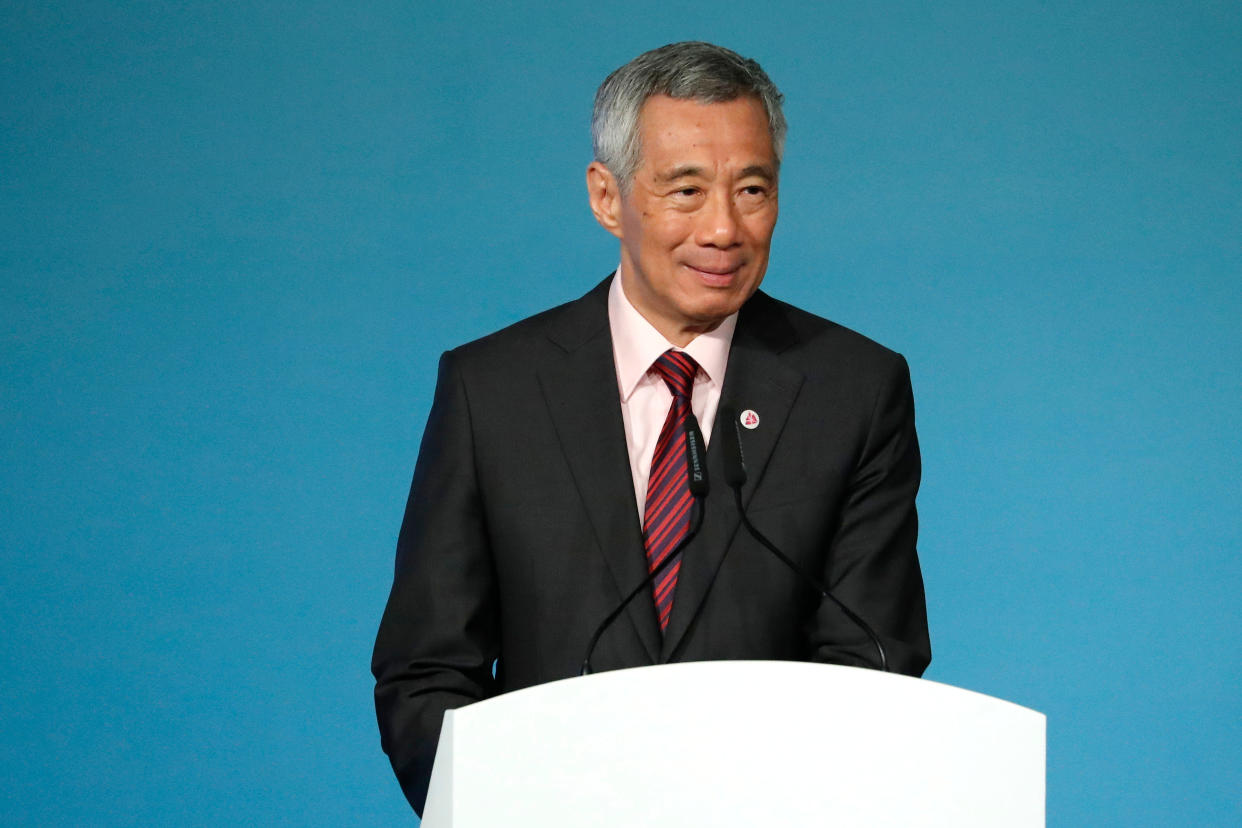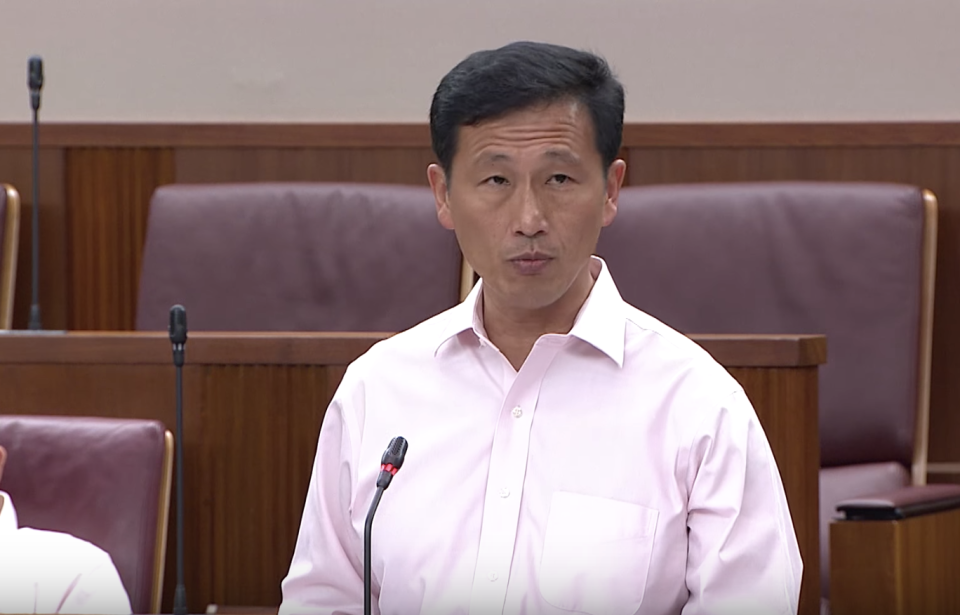COMMENT: Can Singapore's elite circle turn around growing social divide?

It is a pledge we have heard from the government time and again: to build an inclusive society where no one is left out. Lee Hsien Loong echoed this promise when he became Prime Minister in 2004.
But 14 years on, Lee has acknowledged that Singapore is actually in danger of becoming more exclusive.
The alarm bells have been ringing to the extent that the Ministry of Education had to even intervene to curb the rising trend of exclusivity within schools. MOE is working with Raffles Institution and other elite schools to ensure that they do not become “self-perpetuating closed circles”, said Lee in Parliament on Wednesday (16 May).
The day before, Education Minister Ong Ye Kung also warned the House that a “nascent class divide” has begun to be reinforced in schools, with a “perceptible reduction in social mixing” in recent years. Citing the widely circulated Institute of Policy Studies survey on social capital from last December, Ong warned that this is a phenomenon that will “poison society” over time.
While the intentions are undoubtedly good, it cannot help but sound like a hollow message, coming from a political elite that almost uniformly attended top schools and universities and has the highest paid ministers in the world.
There was a particular irony in Lee’s words that every society has its elite that occupies key leadership positions. “They may be alumni of the same schools,” he noted.
Cabinet members Ong and Chan Chun Sing – both considered frontrunners to be the next PM – as well as Edwin Tong and Speaker Tan Chuan Jin, all hail from the same batch in Raffles Junior College. In fact, seven of Lee’s Cabinet attended a Raffles-affiliated school.
Seen from the perspective of the less academically inclined, it would seem that the excellent grades obtained by an individual during adolescence or the attainment of scholarships would pave the way to great success in adulthood.
It goes beyond politics as well: just look at the number of former generals who occupy key leadership positions in Singapore. They range from A*STAR chairman Lim Chuan Poh to chief executive Ng Yat Chung at Singapore Press Holdings to incoming SMRT CEO Neo Kian Hong.
Is social stratification in danger of becoming entrenched as Ong had pointed out in his speech? The self-perpetuating closed circle is already here, and it is tightening with time.
An insidious danger

In all fairness, the ruling People’s Action Party is in many ways a victim of its own success. For example, the likes of Chan – and many other Singaporeans – have benefited greatly from the meritocratic system. Brought up by a single mother who worked as a machine operator, he went on to become a Singapore Armed Forces Overseas Scholar and a President’s Scholar. Chan rose to the role of Chief of Army before entering politics.
But as Ong Ye Kung pointed out in Parliament, success has brought a new set of issues. “Families who did well are able to pass down the privileges to their children…For families who cannot move up despite the stronger and better support that is available now, we find their circumstances more dire and challenging than poor families of the past.”
How did it all come to this? It is worth thinking about why the PAP has to regularly fend off accusations of groupthink and of living in an ivory tower. It suggests an elite that is out of touch with realities on the ground, with those speaking their mind regularly slapped down. Exhibit A: Nee Soon Member of Parliament Louis Ng’s comments in February that public servants are afraid of speaking up, which were swiftly rebutted by Ong.
Recognising the problem is one thing. Is the ruling party that has become a closed circle in itself capable of carrying out the necessary reforms to combat the dangers of a divided society? The PAP has made efforts to recruit from the private sector, but at the Cabinet level, one look at the make-up tells its own story – 13 out of 19 of them came from the civil service and the military.
And while there is nothing inherently wrong with attending an elitist institution, is the path to the highest echelons in politics, civil service and government-linked corporations becoming narrower for a chosen few? Can Chan’s success story – the epitome of the Singapore Dream – be repeated?
Tackling the social divide will be one of the 4G leadership’s greatest challenges. Meritocracy has worked well thus far, but if the PAP isn’t careful, its elite circle may become stuck in a square hole of resentment.
Related stories
Social divide becoming more entrenched, warns Ong Ye Kung
Are frontrunners for PM post a sign of Singapore’s ‘political elite class?’: Low Thia Khiang
MOE to work with popular schools to ensure they don’t become ‘closed circles’: PM Lee Hsien Loong



